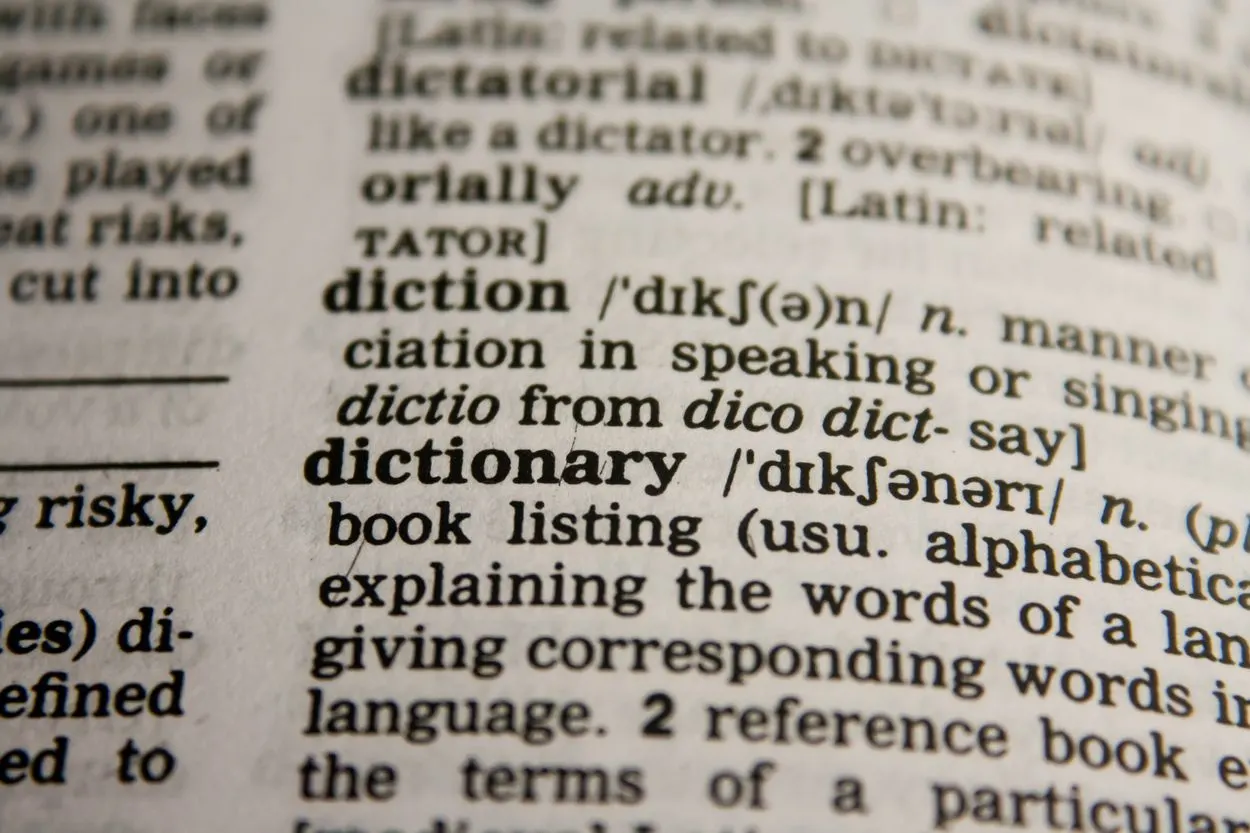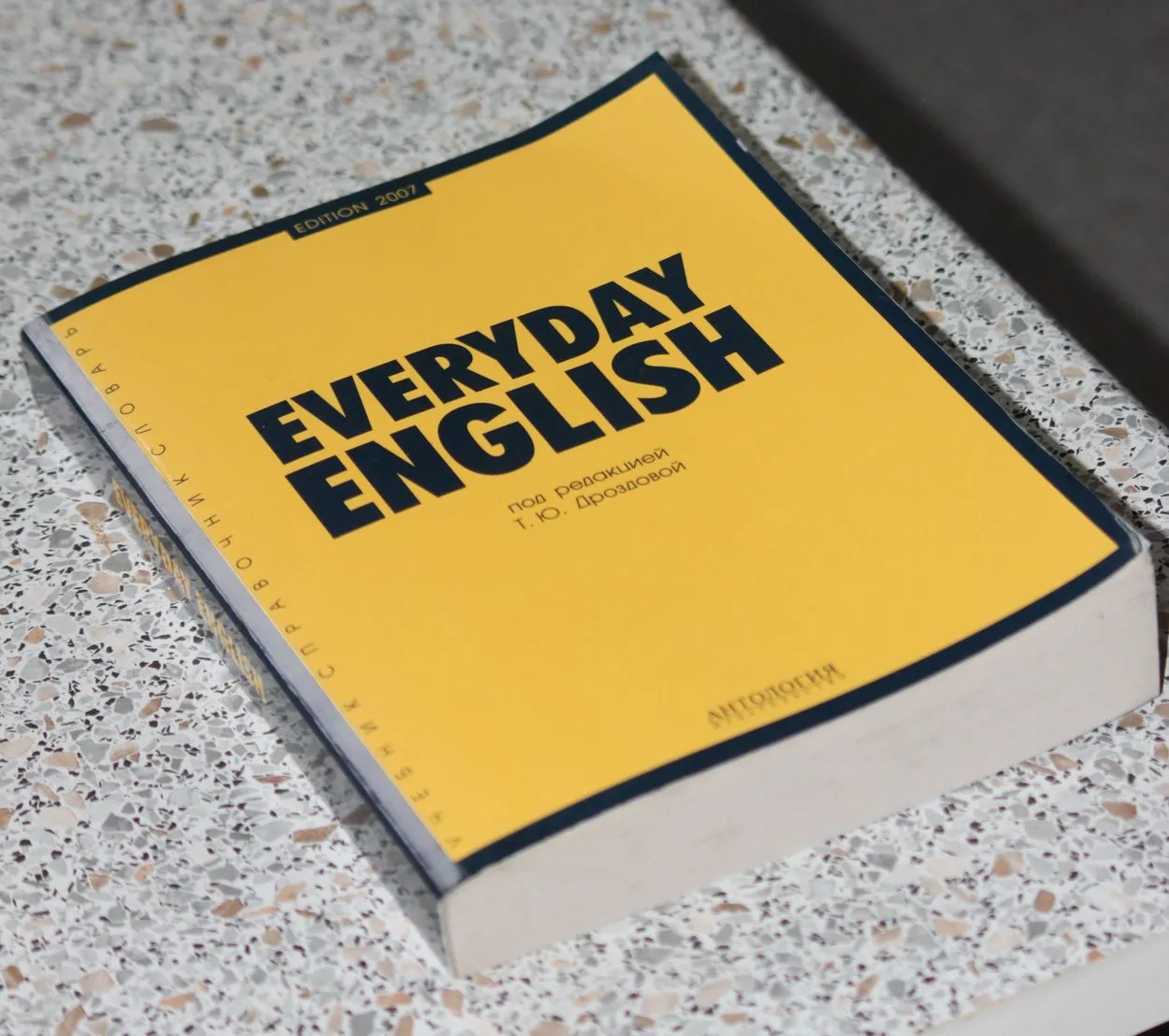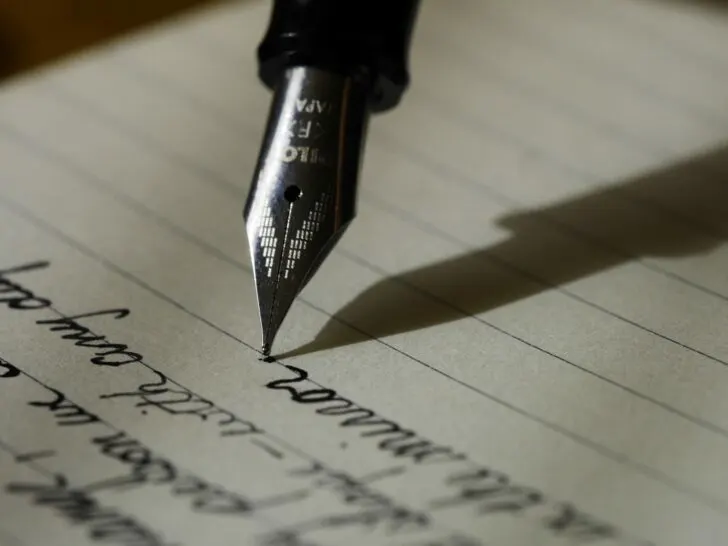English is the international language, which means that not just Native Americans or British people speak it, but most non-natives have also adopted it as a second language. There are more than 1.5 billion people around the world who speak this language.
And when it comes to learning this language, it’s harder to make a choice between British English and American English. It’s important to note that British English is a bit harder because it has different dialects and regional accents.
“That’s fair” and “that’s fair enough” are two expressions that get talked about a lot. You may wonder, what’s the difference between these? Here’s a short answer;
When you want to express equality, you can say “that’s fair”. For instance, you divide a bar of chocolate into half to give to your children, now you can say “that’s fair”. Over the last decade, we have heard this phrase more frequently on British television.
On the other hand, you may use “that’s fair enough”, when you want to say you accept someone’s explanation. It’s important to mention that you can remove “that’s” and can use only “fair enough”to sound more native.
If you want to deep dive into the meaning of both phrases, stick around and keep on reading. Also, I’m going to share who uses these phrases; British or Americans.
Let’s dive into it…
Do British Or Americans Use Expressions “That’s Fair” And “That’s Fair Enough”?
The expression “Fair enough” is most commonly used by Americans. However, non-Americans may or may not be familiar with this phrase.
That’s fair, on the other hand, is a universally acceptable phrase. You’ll see both Americans and Britishers using this phrase.
How To Use “That’s Fair Enough” In English?

You can use fair enough in the following conditions;
- When you and other person agree on something
- When something is acceptable, especially when the other person makes a valid point
- You can use it when you disagree with someone and don’t want to get involved in any argument
- Sometimes, it is used when you need to reach a compromise based on other’s conditions
Also, let’s look at the following examples;
- Fair enough, I’ll take a bite of the cake to see if I like it.
- If you think he’s the right partner for your business, then fair enough.
How To Use “That’s Fair” In English?
The use of “that’s fair” is very similar to “fair enough”
- You use it when disagreeing with something and want to end the argument
- You also use it when acknowledging something
Does Saying “Fair Enough” Sound Rude?
You may think that “fair enough” means acknowledging something, so it must sound rude. However, that’s not accurate. You can say “fair enough” to something disappointing, though it doesn’t mean you or the person saying this is rude.
Additionally, your tone or the way you say it might make it sound rude. Basically, it means agreeing or disagreeing with someone’s perspective, even when yours is completely different.
U.S Slangs VS. British Slangs
There are a few slangs that hold a different meanings for Americans and Britains:
| Slangs | American | British |
| Pissed | Angry | Drunk |
| Smart | Clever | Well-dressed |
| To mooch | To get something from others without paying | Wandering around with no destination |
| Cheap | Miserly | Something that cost less |
| Fag | Homosexual man | Cigarette |
| Crack | Drug | Having fun |
You probably know, there’s a world of difference between the accents of both English. Don’t you? Watch this video to clear your doubts;
Is Saying “Whatever” In Response Rude?
Nowadays, teenagers use this expression most often, especially when their objective is to sound rude. It also sometimes shows how much a person is involved in something you do.
For instance, if you ask your boyfriend “What should I wear tonight?” He might be busy fidgeting or while scrolling down his phone and simply reply “whatever”. It strongly indicates he’s not interested in whatever you wear.
When you don’t know what else to say, you can also use this term.
Here are a few examples;
I don’t love you.
Whatever
You’re a stupid guy.
Whatever

What Does “To Be Fair” Mean?
It can be used when you’re making considerations for why something failed. Essentially, it is to include a factor that caused the failure. Additionally, you use it to concede two entirely different opinions.
Eg; He failed the exam, to be fair, he remained ill throughout his exams.
My daughter doesn’t know how to paint, to be fair, she’s just four years old.
Conclusion
I discussed how the phrases “that’s fair” and “that’s fair enough” can be used in different as well as similar contexts.
When you are dividing something into two equal parts, “that’s fair” is used in a response.
You could use the second phrase in both scenarios of agreeing and disagreeing with something. It either means that the other person is making a valid point or you don’t wanna argue to prove your point.
Both Americans and Brits use the expression “that’s fair”.
While fair enough is an American expression. This means you might not see Brits using this phrase.
Now, many people think that “fair enough” sounds rude, which is inaccurate. It doesn’t sound rude as long as you don’t go wrong with your tone.

